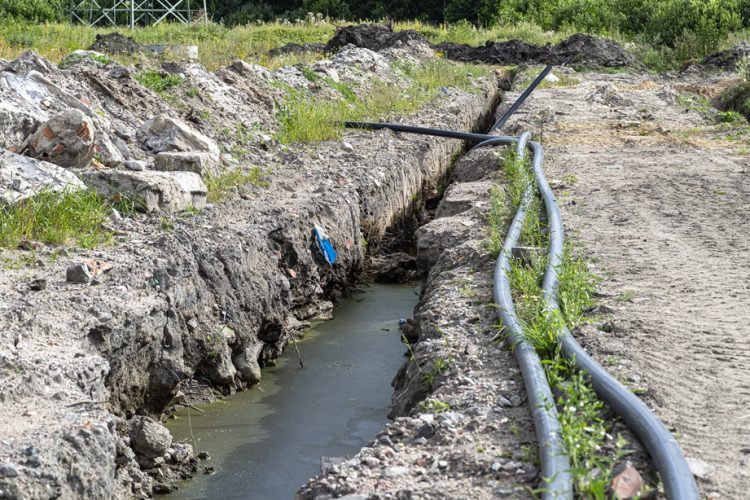When we think about environmental protection, images of clean energy, recycling, and wildlife conservation often come to mind. Yet, one of the less glamorous but critically important areas in environmental care is drainage, specifically, the maintenance and management of drainage systems. Though often overlooked, these “dirty jobs” play a pivotal role in safeguarding our ecosystems, urban infrastructure, and public health.
The Vital Role of Drainage Systems
Drainage systems, including sewers, stormwater drains, and culverts, are designed to carry away excess water from rainfall, prevent flooding, and manage wastewater. Without these systems functioning properly, cities would quickly become uninhabitable due to water damage, contamination, and the spread of disease.
However, drainage systems also interact closely with the natural environment. Stormwater runoff, for instance, can carry pollutants such as oil, chemicals, plastics, and other debris from urban surfaces directly into rivers, lakes, and oceans. Poorly maintained drainage can lead to blockages, causing local flooding that damages ecosystems and increases erosion.
Environmental Challenges in Drainage Maintenance
Maintaining drainage infrastructure is often a messy and physically demanding job. Professionals who clear blockages and repair pipes must navigate unpleasant conditions and hazardous waste. Beyond the physical challenges, improper drainage can have severe environmental consequences:
- Water Pollution: Blocked or broken drains can lead to untreated sewage spilling into waterways, threatening aquatic life and human health.
- Flooding: Clogged drains exacerbate flooding during heavy rain, damaging habitats and increasing soil erosion.
- Habitat Disruption: Drainage systems that fail to filter or treat runoff can introduce toxins and sediments into fragile ecosystems.
Because of these impacts, modern drainage maintenance incorporates environmentally sensitive practices that minimize harm and promote sustainability.
Innovations in Eco-Friendly Drainage Management
Advancements in technology and greater environmental awareness are helping to transform drainage maintenance from a dirty job into a key part of environmental stewardship. Companies specializing in drainage services are now prioritizing techniques that reduce pollution, increase efficiency, and protect natural habitats.
For example, the use of high-tech cameras and robotic equipment allows drainage experts to inspect pipes without excavation, reducing soil disruption. Sustainable urban drainage systems (SUDS), which mimic natural water filtration through vegetation and permeable surfaces, are also being integrated into city planning to reduce runoff pollution.
Trusted Partners in Drainage Solutions
One company leading the charge in combining expertise with environmental responsibility is Alpha Rod. With cutting-edge equipment and a commitment to eco-friendly practices, Alpha Rod provides comprehensive drainage services that not only solve immediate problems but also consider long-term environmental impacts.
Their approach highlights how critical it is for drainage maintenance firms to understand the broader ecological context of their work. By focusing on prevention, prompt intervention, and using the latest technology, companies like Alpha Rod help ensure drainage systems protect both urban infrastructure and the environment.
Why We Should Care
Though drainage maintenance might not be the first thing that comes to mind when thinking about environmental protection, it is clear that it plays an indispensable role. Effective drainage prevents pollution, reduces flooding, and protects natural waterways, all of which are essential for resilient ecosystems and healthy communities.
The next time it rains heavily or you notice clean streets after a storm, remember the unseen efforts of drainage workers and companies who tackle the dirty jobs that have big environmental impacts. Their work ensures that our cities remain safe, and our natural habitats stay protected from harmful pollutants.
In the end, caring for drainage systems is yet another piece of the puzzle in building a sustainable future. It is a task that deserves recognition and support.

